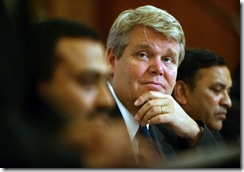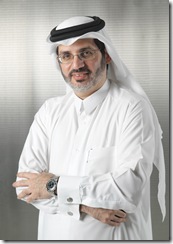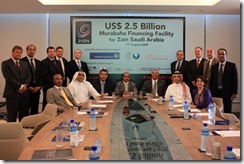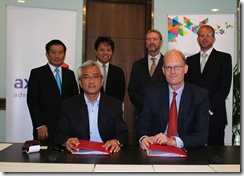Sony Ericsson has appointed a new president and reshuffled its board in a bid to revive its flagging fortunes.
Bert Nordberg, the head of Silicon Valley at Ericsson will assume the role of co-president of the Swedish-Japanese telecoms group next month, midway through a major turnaround programme. 
Hideki “Dick” Komiyama, Sony Ericsson’s president would retire at the end of the year, the company said.
Howard Stringer, the Sony president responsible for a sweeping cost-cutting exercise at the loss-making Japanese company, has been appointed chairman of the board, taking over the role from Carl-Henric Svanberg, the president and chief executive of Ericsson, on October 15.
In July, Sony Ericsson posted a loss of US$213 million after four consecutive quarters of losses due to falling sales of mobile phone handsets, compared with a US$6 million profit for the previous year.
“Bert Nordberg has a strong track record in the area of business realignment and was instrumental in the transformation of Ericsson in the years 2002-2003,” commented Svanberg. “I am confident he will be able to build upon the foundation Dick has created and lead the final stages of Sony Ericsson’s transformation.”







